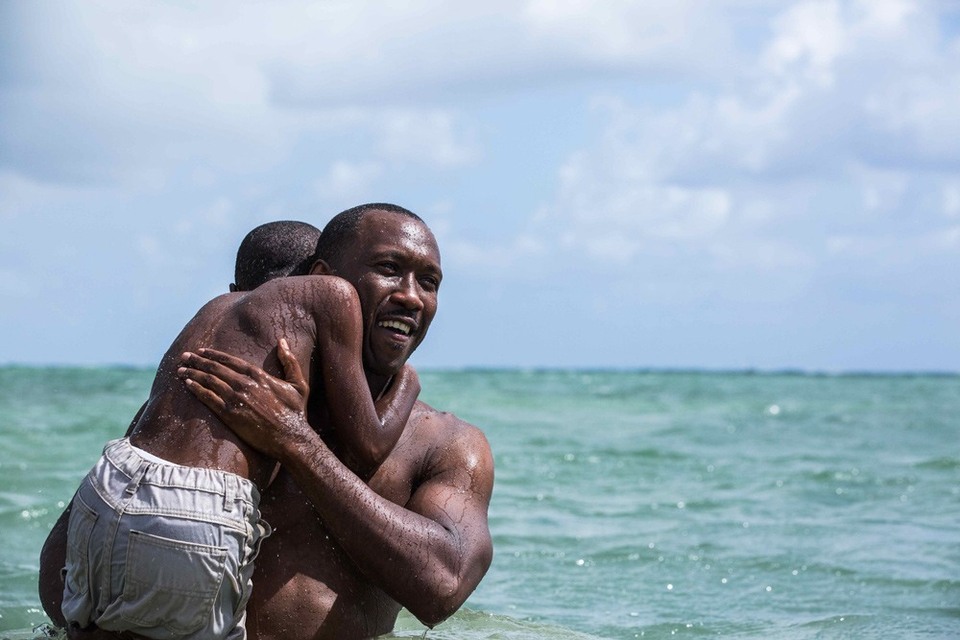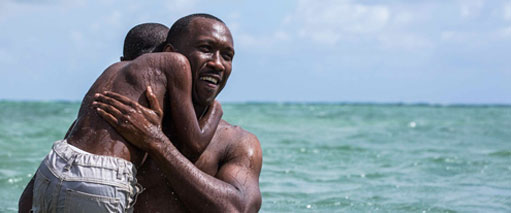Film Review: Moonlight
Somber, Poetic Look At Inner-City Manhood Ponders Multiple Questions Of Identity


during the day.
Latest Article|September 3, 2020|Free
::Making Grown Men Cry Since 1992


during the day.